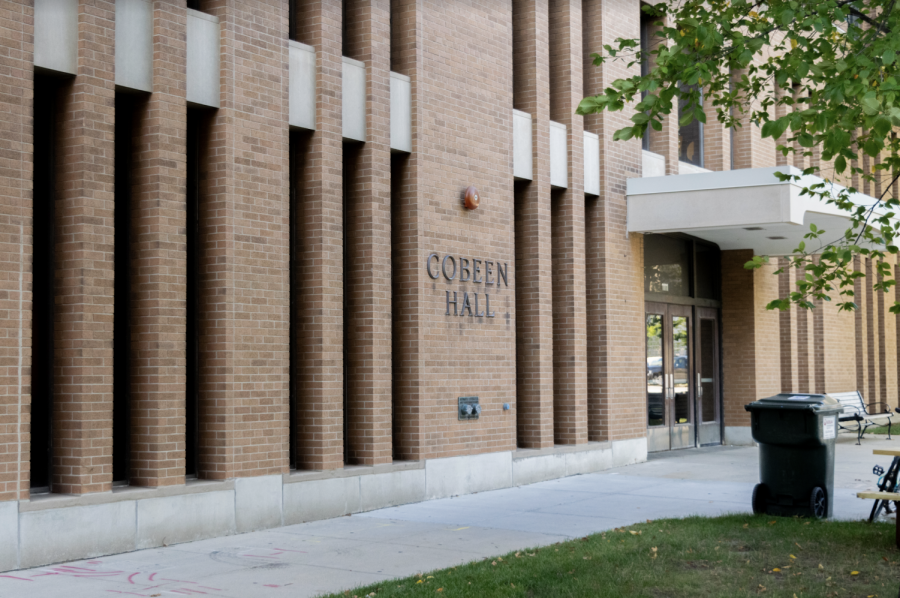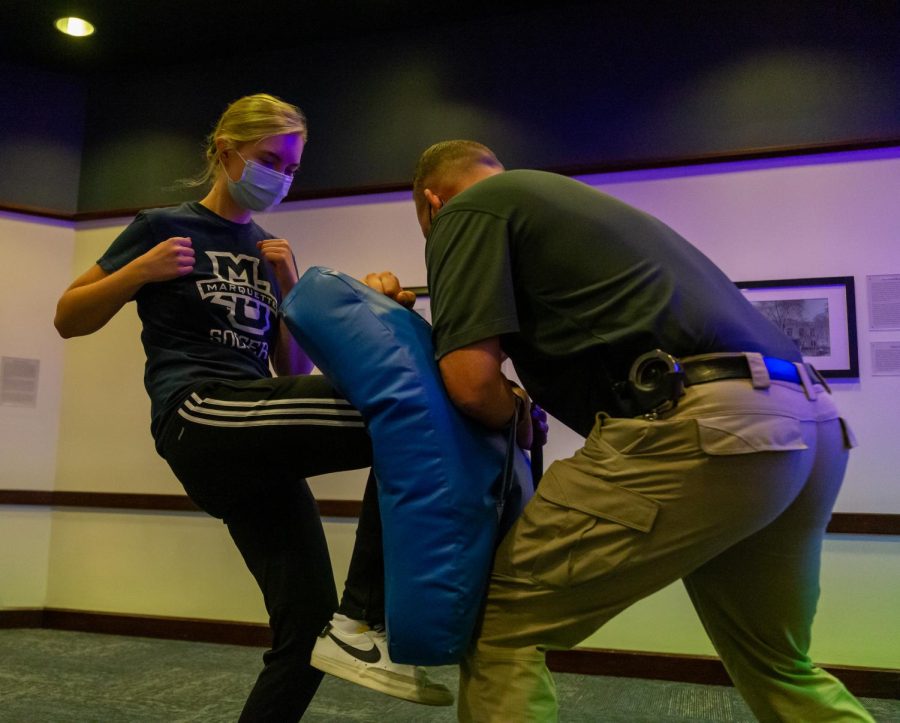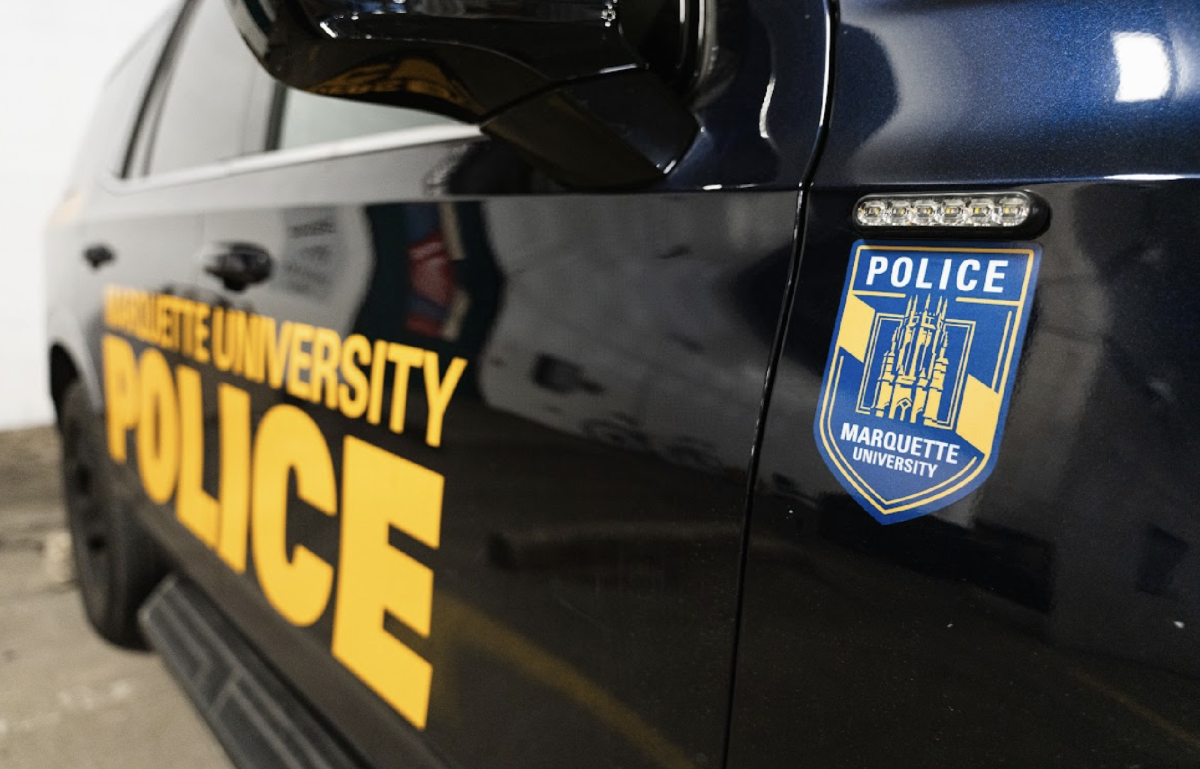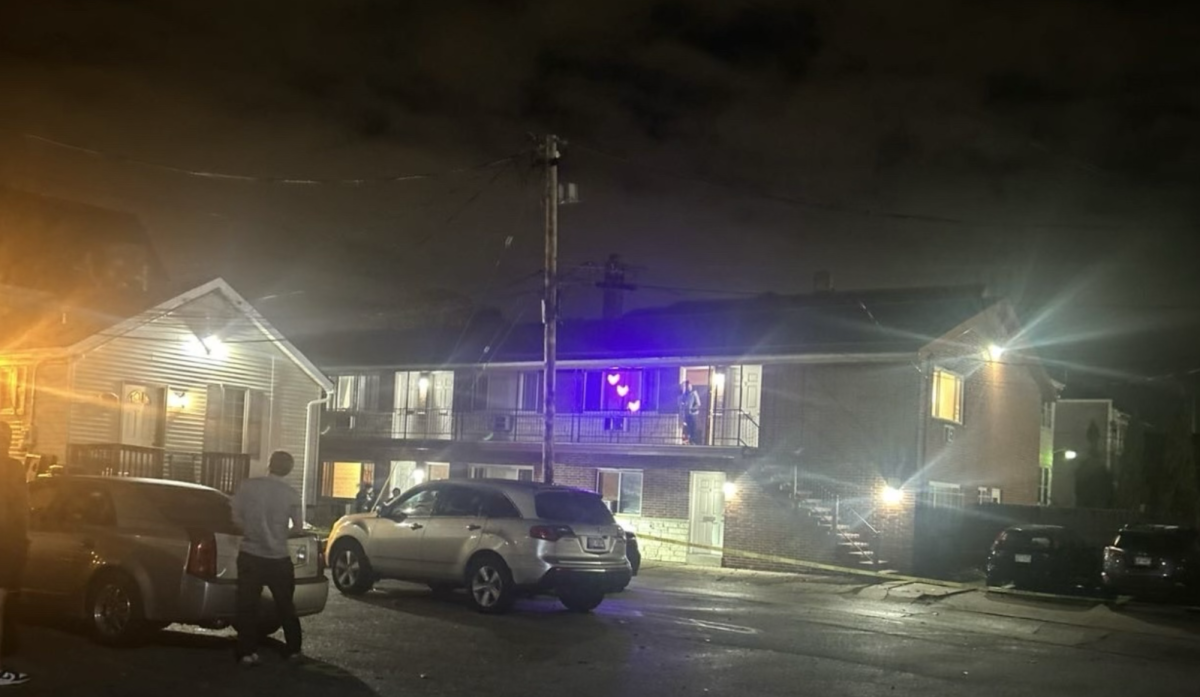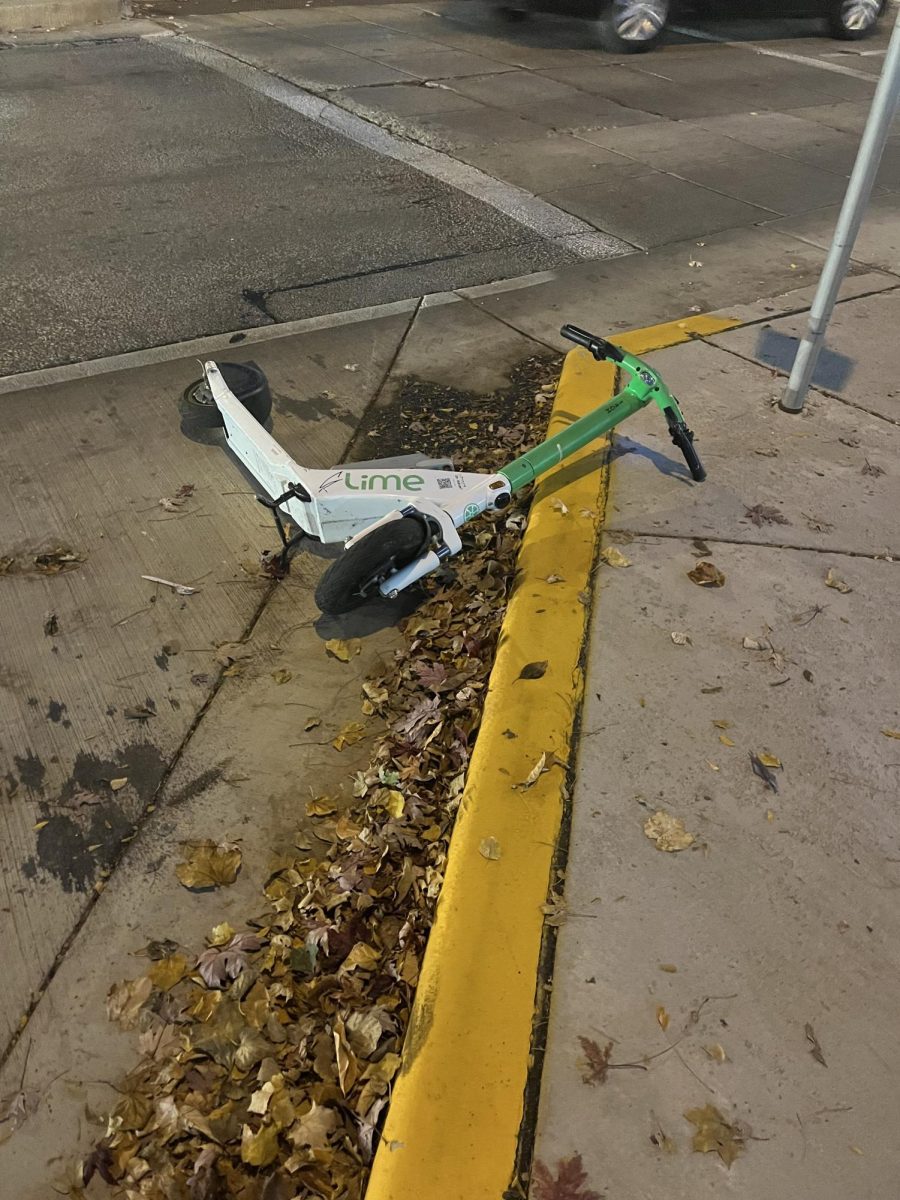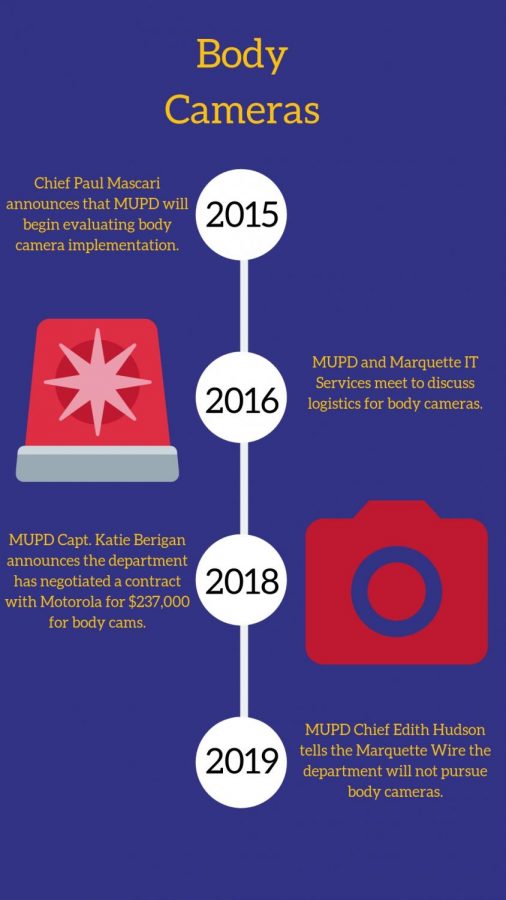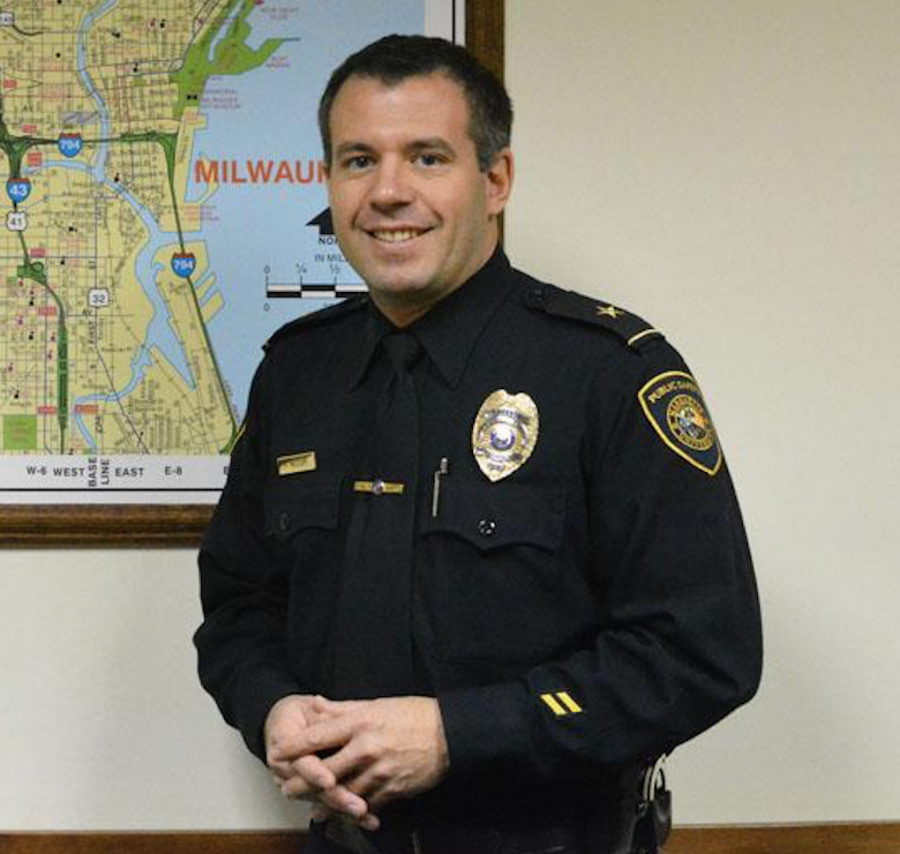When the Marquette University Police Department was established in 2015, it was left with years of records from the Department of Public Safety. For 15 years prior to the establishment of MUPD, DPS worked under the classification of ‘private detective agency.’
“MUPD does not maintain records prior to when we became a police department on May 1, 2015,” said MUPD Chief Paul Mascari. “The length we maintain records created after May 1, 2015 varies depending on the type of record.”
“We keep records for seven years no matter what,” said MUPD Captain Jeff Kranz. Those seven years started in 2015 when MUPD was created, and does not include anything before that.
MUPD is subject to the same laws and requirements as other university police departments, as they entered into an agreement with the state of Wisconsin.
The document states, “This agreement establishes the Marquette University Police Department, and authorizes their officers to exercise the powers of the state of Wisconsin law.” This means MUPD is required to abide by the same laws as other police departments, including other university police departments.
According to the Wisconsin public record law, university police departments qualify as an “authority” that must maintain records and make them public. The Department of Justice released a guide to following a law that says, “An essential function of a representative government and an integral part of the routine duties of officers and employees whose responsibility it is to provide (records).”
Chief Mascari said some records from DPS will be kept when they are “required by laws such as the Clery Act.” He did not specify what types of crime reports would be kept from DPS, or what MUPD will be required to keep in the future.
The Clery Act was signed in 1990 and requires all colleges and universities that participate in any kind of federal financial aid program, which Marquette does, to report and make public incidents of crime near their campuses. This means MUPD is as responsible as every other university police department to make records public and not destroy them.
“I feel like those records could be helpful in future situations. It seems kind of rash just to get rid of them,” Nicole Lundeen, a sophomore in the College of Engineering, said. She said it felt weird to destroy records of crime history on campus.
MUPD does have a (records) retention schedule, and certain records can be destroyed once they’ve been around for long enough. “No record shall be destroyed or transferred unless such record meets approved retention schedules,” reads the MUPD Policy and Procedure manual. However, retention schedules are not specified in that manual or anywhere publicly.
Chief Mascari said the DPS kept daily crime logs, and those will not be destroyed. He also said that in the future “(crime logs) will continue to be maintained by the MUPD.”


